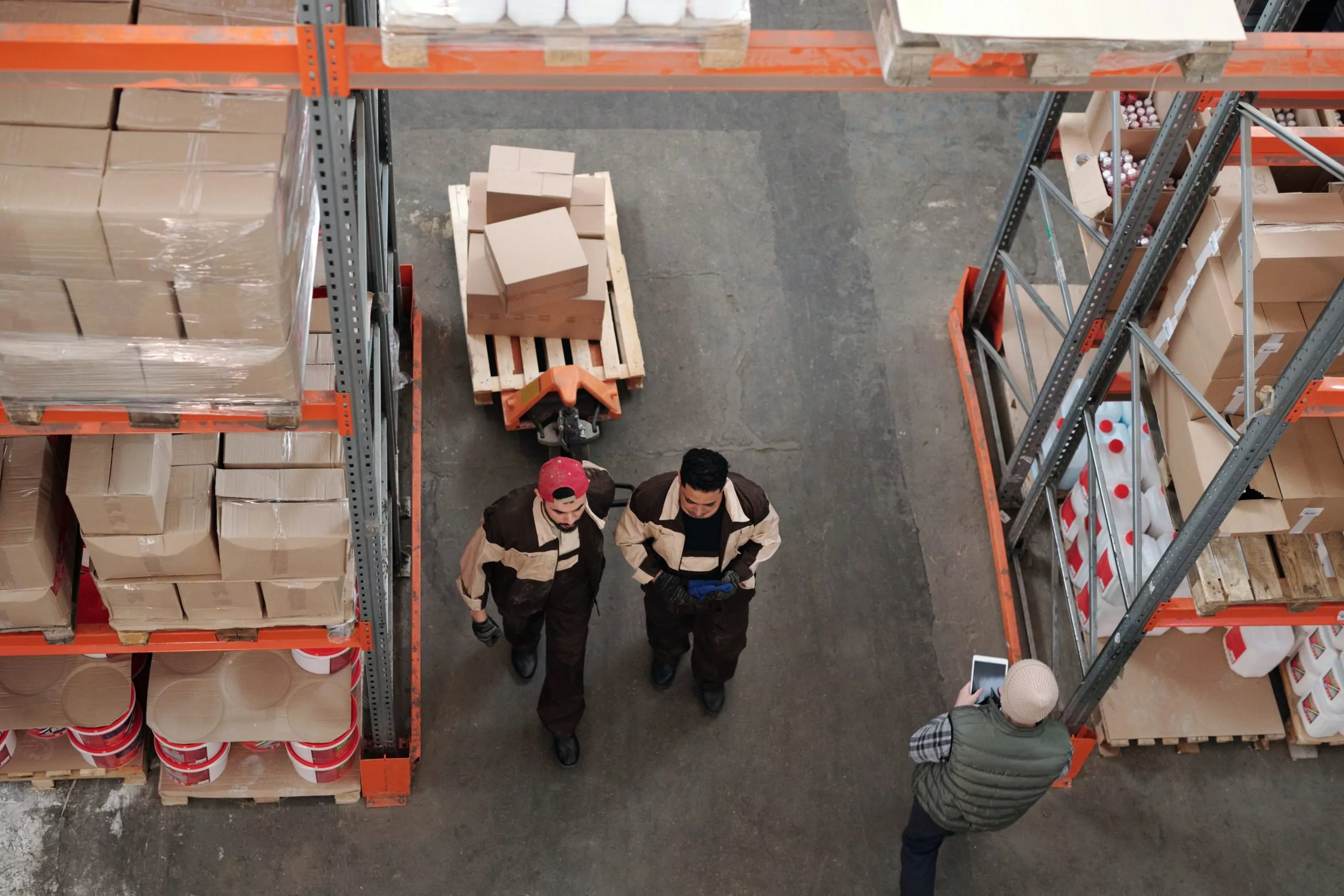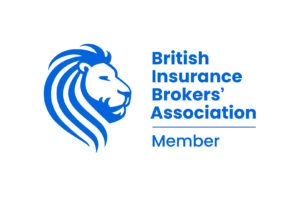

Virtually every material thing in our day to day lives has at some time been “goods in transit”, whether it has been transported just a few miles or from the other side of the world.
The goods we buy and sell have to be transported either by road, rail, air or sea and when in transit they are at risk of being lost, stolen or damaged. Goods in transit insurance helps protect these items from these scenarios. Although it won’t prevent them from happening, you will be covered financially.
At CRS, our financial Advisers in Northwich can work with you and advise on the best level of goods in transit insurance to suit the needs of your business. The level of cover you will require will depend on your needs, which is why we cater for all circumstances.
Who needs goods in transit insurance?
If you distribute goods around the UK or import or export goods on a worldwide basis, depending on the contract terms with your customers at some point the goods will be carried at your own risk.
In most cases the freight contractors carrying your goods will seek to limit their liability for loss of or damage to your goods whilst they are in transit. This is normally done on a formal contractual basis with a monetary limit per kilo or tonne being imposed by the carrier.
Very often this limit is inadequate for the value of your goods and furthermore the carrier may only be contractually liable for damage to your goods if negligence on their part can be proved. They often include the cost of their own insurance in the price for the contract to convey your goods.
Which is why it is advisable to have your own goods in transit insurance policy so you have peace of mind your goods are covered should anything happen to them.
Looking for goods in transit insurance advice in Cheshire?
If you would like goods in transit insurance advice, please get in touch via our enquiry form and a member of our team will be in contact to discuss your requirements and the best options for your circumstances.
Related Services
Agricultural insurance can be complex and brings up all sorts of issues that you do not get with commercial insurance. Choosing an insurer who understands the industry and the risks is crucial.
Commercial combined insurance brings a range of business insurances together under one policy, making it easier to manage.
Commercial liability insurance provides cover for sole traders, partnerships or limited companies to ensure that you are personally protected against any business losses.
Commercial property insurance covers the bricks and mortar for your business premises and can include factories, warehouses, offices or complex premises such as listed buildings or castle ruins.
Cyber Insurance is a type of cover that is designed to protect your business from the financial and reputational costs of a malicious attack, such as a data breach or cyber attack.
Commercial Flood Insurance provides your business with a payout to cover the costs of property damage, disruptions in trading or damaged contents.
Motor fleet insurance is a policy that covers several specified types of vehicles and drivers. Combining your vehicle insurance with a motor fleet policy can help reduce your insurance costs.
Motor traders must have cover to be able to legally drive their customers’ vehicles. It typically covers the specified person or persons to drive any motor vehicle for motor trade purposes.
Professional Indemnity Insurance covers financial loss sustained by customers when you make mistakes and includes compensation awarded to your customer as well as their legal costs.





